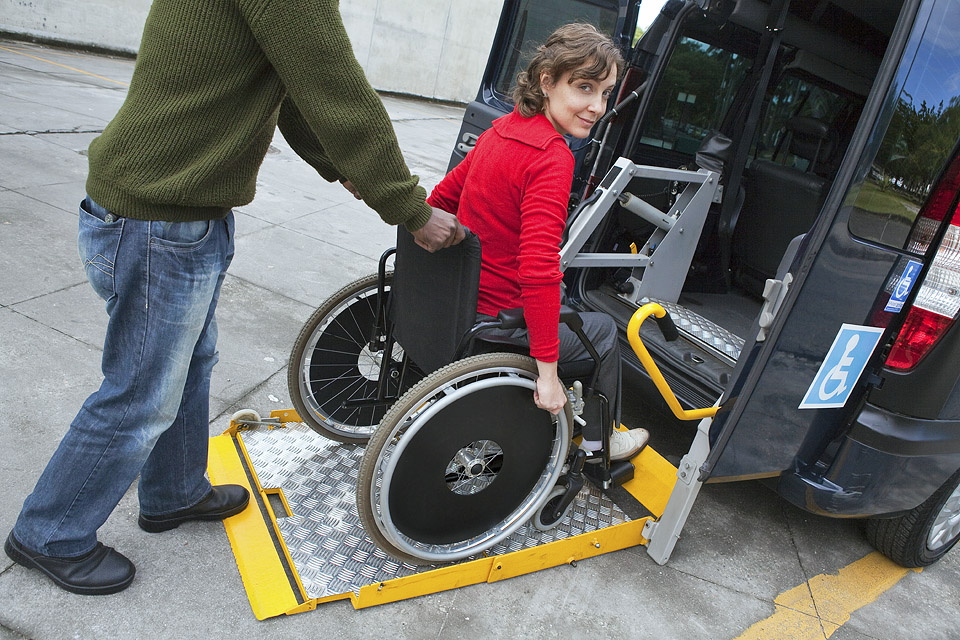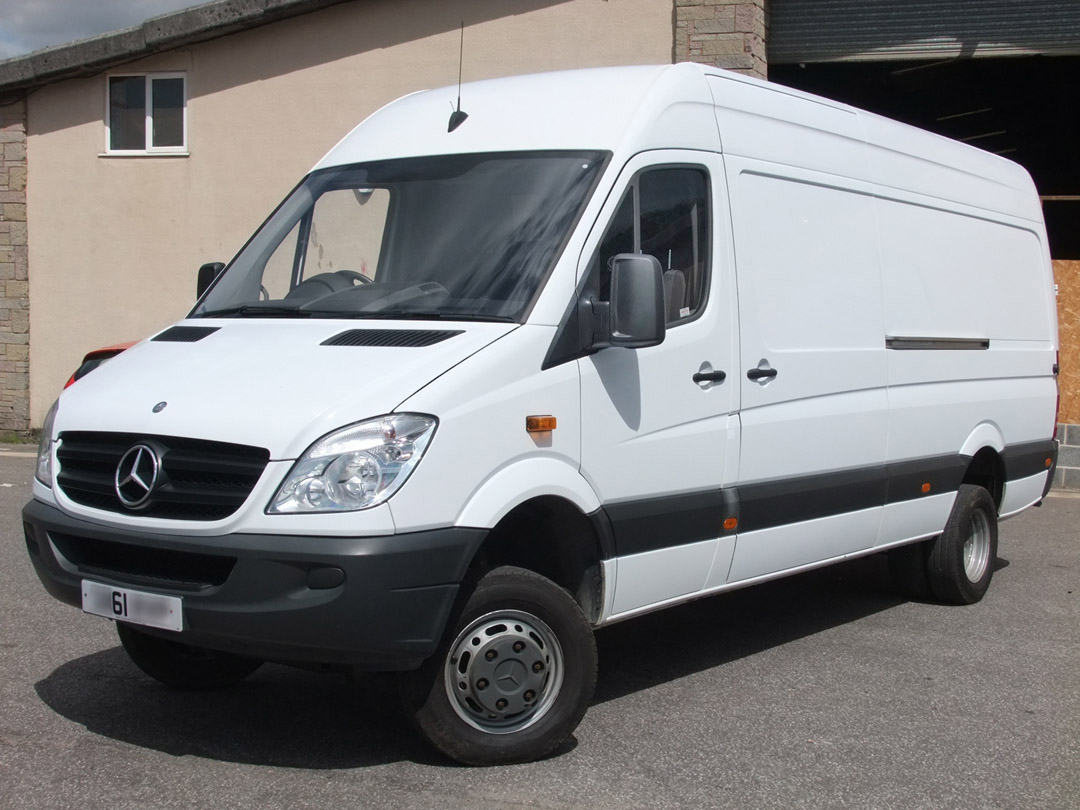2017 Changes to VAT relief on adapted motor vehicles for disabled wheelchair users
Changes to VAT relief on adapted motor vehicles for disabled wheelchair users - coming in April 2017
Background
In 2012 the Government announced they would undertake a review of VAT relief applied to adapted motor vehicles for disabled wheelchair users in response to evidence that suggested the relief had been open to fraudulent abuse. Subsequently HM Revenue and Customs (HMRC) launched a consultation in 2014 to obtain feedback on ways to reform the relief. The FLA (Finance & Leasing Association) submitted a response to the consultation here.
Following an announcement in the Autumn Statement, Government has published a policy paper outlining the changes they will be introducing as part of the Finance Bill 2017. The draft provisions can be viewed under clause 43 / page 177 here. Whilst this is a VAT issue the changes will inevitably require modifications to motor dealer sales processes and reporting when applying VAT exemption to Wheelchair Adapted Vehicles (WAV).
Overview of changes
From 1st April 2017:
Only one vehicle can be purchased by a disabled wheelchair user every three years subject to it being stolen, written off or no longer suitable for use.
Use of the Gov.uk eligibility forms will become mandatory when claiming the relief.
Motor dealers will be required to send information on sales of VAT relief vehicles to HMRC. The information will be specified by a public notice. We understand that HMRC are currently drafting policies on how this information will be reported and it is not clear whether they will first publish this in draft or as a final version. The current position is that this information will need to be provided within 12 months of the sale but there will be discretion for firms to provide this on an ad hoc basis, quarterly or annually.
Section 62 penalties will apply for incorrect declarations, the equivalent to VAT chargeable on a standard rated supply. Where fraudulent intent can be established the individual can be prosecuted in a criminal court.












